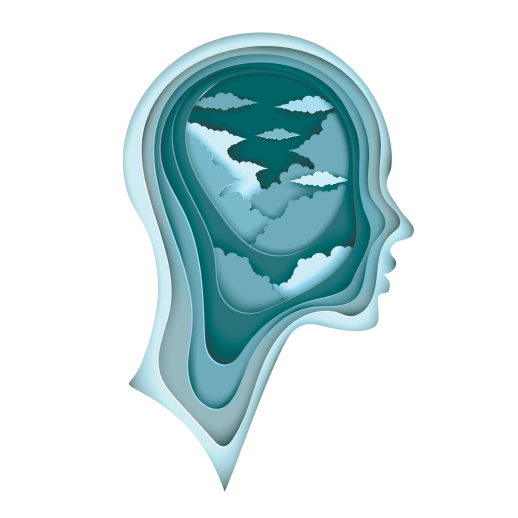The Problem
Across the millennia, humans have proven highly capable of changing to meet challenges in their external environment, such as plague, famine, environmental disaster, and social upheaval. Some of these changes involved the formation or modification of social institutions, others involved changes at the behavioral level, and still others involved genetic and epigenetic adaptations. Despite this collective resilience, large and growing numbers of people are experiencing significant difficulty changing to overcome modern-day challenges that keep them from leading healthy, happy, productive lives.
The evidence is all around us. In many parts of the world, people have access to technological conveniences that make virtually every aspect of life easier and ostensibly better: education systems to prepare them for adult life; healthcare and social services to help them when they are unwell or unable to help themselves; law enforcement systems to keep them safe; unlimited communications; and the world’s knowledge and entertainment at their fingertips.

Yet large numbers of people are struggling and unhappy at home, at work, at school, and in their communities. Many are breaking down, failing, withdrawing, divorcing, and harming themselves in epidemic proportions. More and more people are spiraling into full-blown mental illness. To cope, many turn to prescription drugs and self-medication with media, food, alcohol, and other substances.
